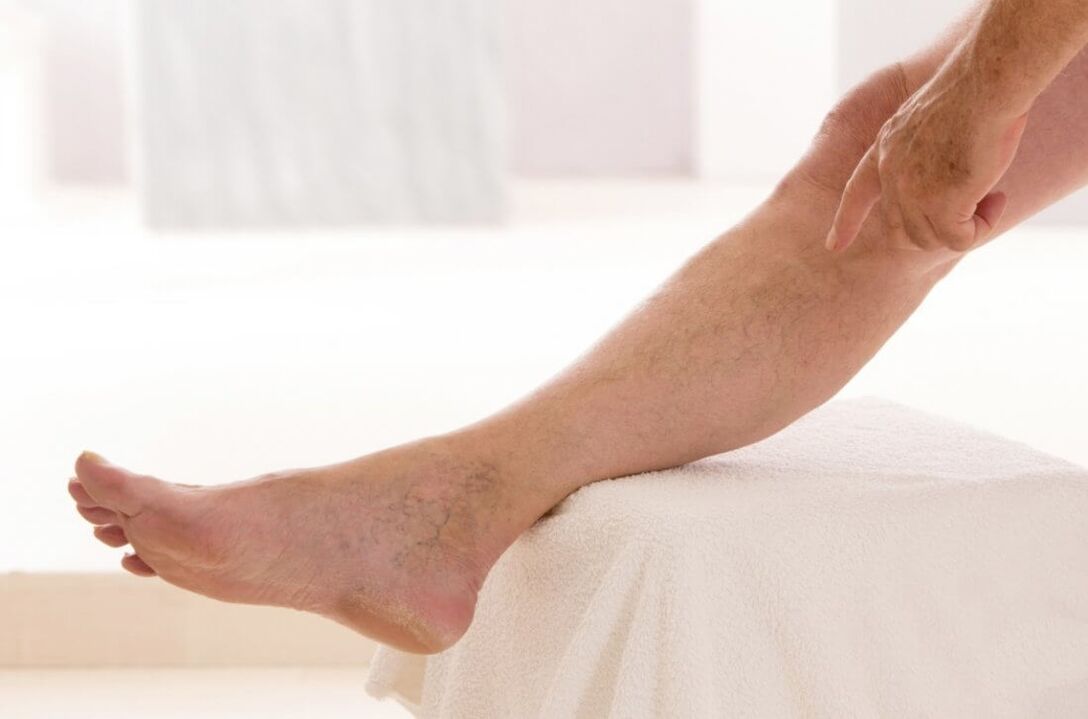The symptoms of varicose veins are familiar to a large number of adults. It has been found that women are much more likely to suffer from this disease than men. Also, the episodic and irregular occurrence of ailments in the legs should not be ignored: varicose veins are not a fatal disease, but neglected cases of them can certainly lead to disability and loss of working capacity.

symptoms of the disease
The disease of varicose veins has a clear symptomatic picture. Knowing the first symptoms of varicose veins will help track the timing of the onset of the disease and start treatment in a timely manner.
Main Symptoms:
- Discomfort in the legs: feeling of heaviness, atypical heat and even burning, pain.
- Edema. Most often they appear in the evening, especially if the legs have previously been loaded - for example, after a day's work that had to be spent on your feet, or a trip from the store with ready heavy packages.
- Dilated veins. Violation of blood flow in varicose veins leads to the fact that blood stagnates in the veins, and the veins themselves expand and become more visible. At the beginning there is the vascular network, then the veins swell and can be easily palpated.
- The skin with varicose veins is often dry, which is not only unaesthetic, but also causes itching.
In the early stages of varicose veins, the advice of doctors boils down to a complex effect on the affected veins. Treatment here means the maximum exclusion of traumatic factors: provide yourself with comfortable shoes, exclude unnecessary work with heavy objects, if you work sitting down - find time for a small warm-up every few hours.
Prevention of varicose veins
Symptoms of varicose veins can not bother you for a long time if certain preventive measures are taken.
Attention to one's diet is one of the key points for human health. It is proper nutrition that will allow you to get rid of excess weight. Finally, it increases the possibility of impaired venous blood flow. In addition, foods such as alcohol, strong coffee, smoked meats, canned foods, sweets, and fried foods are not good for blood vessels and can also cause varicose veins.
Venotonics, which can be taken orally in tablet form, help maintain venous health. Venotonics can be made in the form of ointments and creams, the regular application of which to the affected area will help reduce the manifestations of varicose veins.
The habit of resting the legs and washing them regularly with cold water is a good remedy for varicose veins. A cold shower directed to the legs works no worse than venotonic drugs.




















